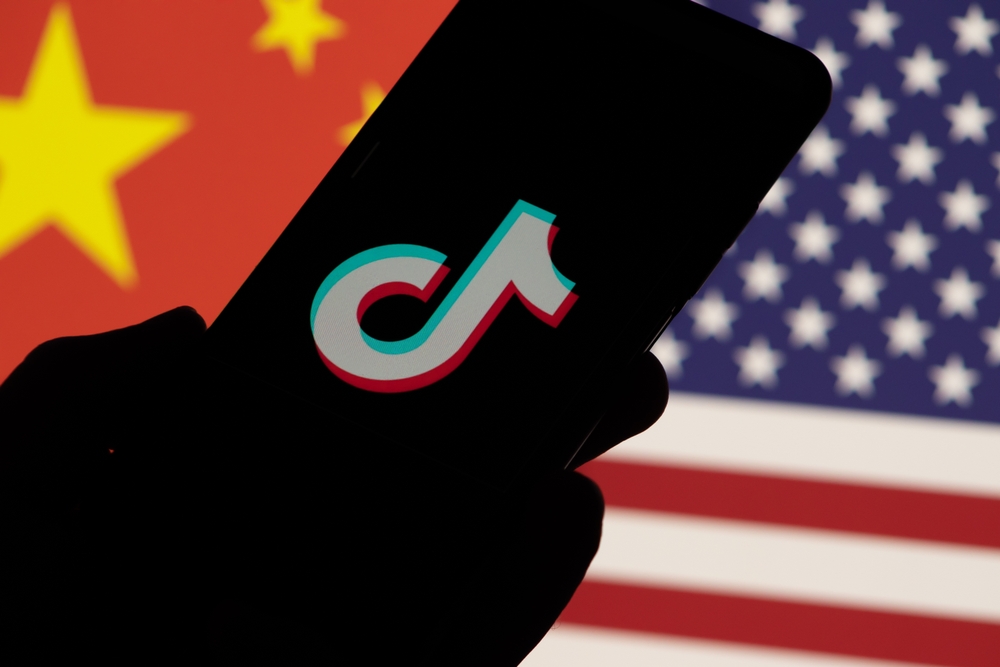After emphatically approving a toughly worded party platform at their convention Tuesday, the GOP began its roll call and formally nominated Mitt Romney as its presidential candidate.
With 50 votes, New Jersey put Romney over the 1,144-delegate threshold needed to become the nominee, setting off a round of cheers and applause.
Romney picked up a total of 2,061 delegates during the roll call of states. Ron Paul clinched 190, Rick Santorum nine, and Michele Bachmann and Jon Huntsman one each. Paul Ryan was later nominated by acclamation for vice president.
That formal process began on the heels of Republicans' approval of a new platform to ban all abortions and gay marriages, reshape Medicare into a voucher-like program and reject federal spending as an antidote for the nation's ailing job market.
The document opens by warning that while the American Dream has long been of equal opportunity for everyone, "Today that American Dream is at risk." It pledges that the GOP will "begin anew, with profound changes in the way government operates; the way it budgets, taxes and regulates."
Earlier Tuesday afternoon, making up for lost time, Republican delegates streamed into their storm-delayed national convention Tuesday to certify Mitt Romney's nomination for the White House and tear into his Democratic foe in a close presidential race in dreary economic times.
The criticism and mocking of President Barack Obama began almost instantly from the podium at a convention postponed once and dogged still by Hurricane Isaac. He's "never run a company. He hasn't even run a garage sale or seen the inside of a lemonade stand," declared Reince Priebus, chairman of the Republican Party.
U.S. & World
But the order of business and the stream of speeches was interrupted by a group of delegates pledged to Ron Paul, as they shouted slogans before Zoraida Fonalledas, the Republican National Committee representative for Puerto Rico, took the stage.
Those Paul supporters were rebelling against new party rules adopted Tuesday, which they saw as a power play by the Republican old guard. The rules are designed to limit the ability of insurgent presidential candidates to amass delegates to future Republican conventions.
RNC chair Reince Priebus gaveled the meeting back to order and asked that delegates show her respect, soon before Virginia Gov. Bob McDonnell began his own speech.
Ann Romney's speech was scripted as a prime-time highlight, an appearance meant to cast her multimillionaire-businessman-turned-politician husband in a soft and likable light before a national TV audience.
Aides said Romney would be in the hall when she spoke.
Opinion polls made the race a close one as the Republicans' days of pageantry and speechmaking began in earnest, and the man tapped to deliver the keynote address set the stakes.
"Conventions are always huge for a challenger, because they're the ones introducing themselves" to the voters, said New Jersey Gov. Chris Christie.
Romney and his wife flew to the convention city in late morning. Rep. Paul Ryan of Wisconsin, vice presidential running mate, flew in on a separate charter with his family.
Convention planners squeezed two days of speeches and other convention business into one after scrapping Monday's scheduled opener because of fears that Isaac would make a direct hit on the Florida Gulf Coast.
That threat fizzled, but it was instantly replaced by another — that Republicans would wind up holding a political celebration at the same time the storm turned its fury on New Orleans, devastated almost exactly seven years ago by Hurricane Katrina.
Romney's convention planners said they were in frequent contact with weather forecasters, but they declined to discuss what contingency plans, if any, they had to accelerate plans for him to deliver a formal acceptance speech Thursday night.
"This is obviously the biggest speech of my life," Mrs. Romney said as she visited the custom-made podium to prepare for her remarks.
Ratification of a party platform was prelude to Romney's nomination, a document more conservative on abortion than the candidate.
On economic matters, it backs extension of the tax cuts enacted in 2001 and 2003 and due to expire at year's end, without exception. It also calls for an additional 20 percent reduction in income tax brackets that Romney favors.
In a time of 8.3 percent unemployment and the slowest economic recovery in the post-World War II era, that went to the crux of the campaign for the White House.
By contrast, Obama wants to allow existing tax cuts to expire on upper income taxpayers, and has criticized Romney's overall economic plans as a boon to millionaires that would raise taxes on the middle class.
The GOP platform also pledges that a Republican-controlled Congress will repeal, and Romney will sign, legislation to repeal the health care legislation Obama won from a Democratic-controlled Congress. So, too, for the measure passed to regulate Wall Street in the wake of the 2008 economic collapse.
On abortion, the platform says, "The unborn child has a fundamental individual right to life which cannot be infringed."
Romney opposes abortions, except in cases of rape, incest, or when "the health and life of the mother" are at stake, he said in a convention week interview.
Obama, who accepts renomination at the Democratic National Convention in Charlotte, N.C., next week, campaigned in Iowa Tuesday as he set out on a tour of college campuses in battleground states in hopes of boosting voter registration among college students.
Before departing the White House, he made a point of appearing before reporters to announce the government's latest steps to help those in the way of Isaac. He signed a declaration of emergency for Mississippi and ordered federal aid to supplement state and local storm response efforts in the state.
His surrogates did their best to counter Romney and the Republicans.
Los Angeles Mayor Antonio Villaraigosa, dismissing GOP attempts to woo Hispanic voters, said, "You can't just trot out a brown face or a Spanish surname and expect people are going to vote for your party or your candidate." He added, "This is a party with a platform that calls for the self-deportation of 11 million people."
Hispanics strongly favor Obama, according to public polls, and Romney and his party have been seeking to win a bigger share of their votes by emphasizing proposals to fix the economy rather than ease their positions on immigration.
Female voters, too, prefer the president over his challenger, and Democrats have done their best to emphasize GOP opposition to abortion and even suggest the party might try and curtail access to contraceptives if it wins power.
Whatever the impact of those issues, the polls show the economy is overwhelmingly the dominant issue in the race, and on that, the voters narrowly say they trust Romney more.
In an AP-GfK poll taken Aug. 16-20, some 48 percent of registered voters said they trust Romney more on economic issues, to 44 percent for Obama.
However, a Washington Post-ABC News in the days immediately before the convention found that 61 percent of registered voters said Obama was more likable, and 27 percent said Romney.
The convention took place in an atmosphere of security that was both stringent and selective. Thousands of police from all over the country, joined by National Guard troops, Secret Service and others, stood in small groups at checkpoints, demanding those entering a secure area display proper credentials numerous times.
But former Michigan Gov. John Engler and an aide were hustled to the front of a long line waiting to clear security at one building.
Romney's long-ago rivals for the party nomination had bit roles at his convention, if that.
Michele Bachmann and Herman Cain posed for a photo after running into each other at the convention center. Newt Gingrich and Rick Santorum were also in town, as well, both with speaking slots, unlike Bachmann and Cain.
___
Associated Press writers Brian Bakst, Thomas Beaumont, Tamara Lush, Brendan Farrington, Julie Mazziotta, Steve Peoples, Kasie Hunt and Philip Elliott in Florida and Steven Ohlemacher, Alicia A. Caldwell and Jennifer Agiesta in Washington contributed to this report.



